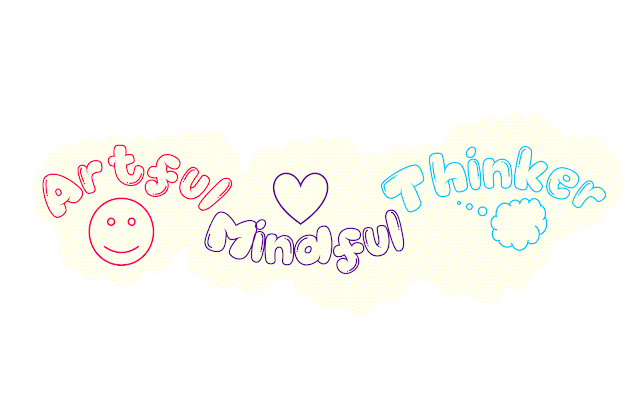What is awareness?
Awareness refers to the state of being conscious, attentive,
and mindful of oneself, one's surroundings, and the broader context. It
involves having knowledge, understanding, or realization of something, often
pertaining to one's own thoughts, feelings, actions, or the world around them.
Awareness can encompass various aspects such as self-awareness, social
awareness, environmental awareness, and more. It is a fundamental cognitive
ability that enables individuals to perceive, process, and interpret information,
leading to better decision-making, empathy, personal growth, and positive
change.
Why is it important to master awareness as a thinking skill?
The significance of awareness is multifaceted and holds
great importance in various aspects of life. Here are some key reasons why
awareness is significant:
Self-Understanding: Awareness allows individuals to gain
insight into their thoughts, emotions, behaviors, and patterns of thinking. By
being aware of oneself, individuals can identify their strengths, weaknesses,
and areas for personal growth. This self-understanding can lead to improved
self-confidence, self-acceptance, and overall well-being.
Empathy and Relationships: Awareness extends beyond oneself
and includes understanding and empathizing with others. Being aware of the feelings,
needs, and perspectives of others fosters better communication, deeper
connections, and more harmonious relationships. It promotes tolerance,
compassion, and the ability to navigate social interactions effectively.
Decision-Making: Awareness plays a crucial role in
decision-making processes. By being aware of various options, consequences, and
potential outcomes, individuals can make informed choices aligned with their
values, goals, and the well-being of themselves and others. Increased awareness
allows for more thoughtful, ethical, and responsible decision-making.
Personal Growth and Learning: Awareness is essential for
personal growth and lifelong learning. By being aware of one's limitations,
biases, and areas of ignorance, individuals can actively seek knowledge, expand
their perspectives, and continuously develop new skills. This growth mind-set
nurtures adaptability, resilience, and the ability to embrace change.
Social and Global Issues: Awareness is instrumental in
addressing social, cultural, and global challenges. By being aware of societal
issues, inequalities, and environmental concerns, individuals can become agents
of positive change. Awareness prompts engagement, activism, and the pursuit of
sustainable solutions for a better world.
Overall, awareness empowers individuals to navigate life
with clarity, understanding, and purpose. It enhances personal development,
interpersonal relationships, decision-making abilities, and the capacity to
contribute positively to society.
How can one train his/her brain to be aware?
Training the brain to be more aware involves cultivating
mindfulness and practicing specific techniques. Here are some strategies to
enhance awareness:
Mindfulness Meditation: Regular practice of mindfulness
meditation helps develop present-moment awareness. Focus on your breath, bodily
sensations, and thoughts without judgment. This trains the brain to be fully
present and attentive.
Sensory Awareness: Engage your senses deliberately
throughout the day. Notice the details of your environment, such as colors,
sounds, smells, and textures. Paying attention to sensory experiences enhances
overall awareness.
Self-Reflection: Set aside time for introspection and
self-reflection. Journaling, contemplating your thoughts and emotions, and
examining your actions can deepen self-awareness and uncover patterns and
insights.
Mindful Observation: Engage in activities with focused
attention. Whether it's eating a meal, taking a walk, or engaging in a hobby,
be fully present and notice the details. This practice strengthens
observational skills and promotes mindful engagement.
Body Scan: Conduct a body scan exercise by mentally focusing
on different parts of your body. This practice helps you connect with bodily
sensations, promoting awareness of physical and emotional states.
Digital Detox: Take breaks from digital devices and social
media. Constant exposure to screens can hinder awareness. Allocating screen-free
time allows your brain to rest and be more present in the real world.
Mindful Communication: Pay close attention to your
interactions with others. Practice active listening, empathy, and
non-judgmental communication. Being fully present in conversations enhances
awareness of others' perspectives and fosters deeper connections.
Regular Reflection: Set aside time to reflect on your
experiences, actions, and lessons learned. Regularly assess your goals, values,
and progress. This habit encourages self-awareness and personal growth.
Remember that awareness is a skill that develops over time
with consistent practice. Start with small steps and gradually incorporate
these strategies into your daily routine. Patience, perseverance, and a
non-judgmental attitude towards yourself are key to training your brain to be
more aware.

